What is SGBV?
Sexual and gender-based violence (SGBV) is a human rights violation that includes physical, sexual, mental, or economic harm inflicted on a person specifically because of their gender. Statistics show that women are disproportionately affected by SGBV. Other terms used to refer to SGBV are gender-based violence (GBV) and violence against women and girls (VAWG). Examples of SGBV are domestic abuse, economic abuse, psychological abuse, female genital mutilation, forced/child marriage, rape, and sexual assault.
What is CEDAW?
The Convention on the Elimination of all Forms of Discrimination Against Women (CEDAW) is an international treaty adopted in 1979 by the United Nations. It has been ratified by 189 states, including Nigeria. CEDAW is typically described as a bill of rights for women. Some provisions of CEDAW that relate to SGBV are as follows:
- Article 5 imposes an obligation on states to modify social and cultural practices that are discriminatory to women (examples in Nigeria are female genital mutilation and harmful widowhood practices).
- Article 6 imposes an obligation on states to take all appropriate measures, including legislation, to suppress all forms of traffic in women and exploitation of prostitution of women.
- Article 16(1)(b) imposes an obligation on states to prevent forced marriage.
- Article 16(2) imposes an obligation on states to eliminate child marriage.
You can find a full copy of CEDAW here.
What is the GEO Bill?
The Gender and Equal Opportunities (GEO) Bill seeks to domesticate CEDAW and other human rights instruments such as the Maputo Protocol developed by the African Union. The GEO Bill has been brought before both houses of the National Assembly (i.e., the House of Representatives and the Senate) at different time periods. However, the Bill has been rejected each time. The implication of this rejection is that the GEO Bill does not yet constitute law in Nigeria.
Although there are different versions of the GEO Bill, the following are some SGBV-related provisions of SB 208, the version of the Bill presented in the Senate in 2020:
- Clause 5 (like Article 5 of CEDAW) requires government agencies, public or private institutions, and other social entities to modify social and cultural practices that are discriminatory to women.
- Clause 5(iii) prohibits inhuman, humiliating, or degrading treatment of widows.
- Clause 5(vii) protects women’s inheritance rights.
- Clause 9(a)(iv) requires government agencies, public or private institutions, and commercial or corporate bodies to provide special protection to pregnant women in the workplace.
You can find a full copy of the version of the GEO Bill (SB 208) here.
What steps can young people take?
To fight for the elimination of SGBV, young people can take the following steps:
- Educate yourself on SGBV issues.
- Start a conversation on SGBV issues among your friends, family members, school mates, and peers.
- Sensitise your peers on state obligations relating to SGBV, as outlined in CEDAW.
- Advocate for legal and policy reforms aimed at preventing SGBV, such as the passing of the GEO Bill.
- Promote anti-SGBV messaging through social media and the creative arts.
In order to spur young people into taking these preventive steps, FYCI is launching Young Voices 2.0: the second edition of the annual Young Voices Against SGBV Competition. Click here for more details.
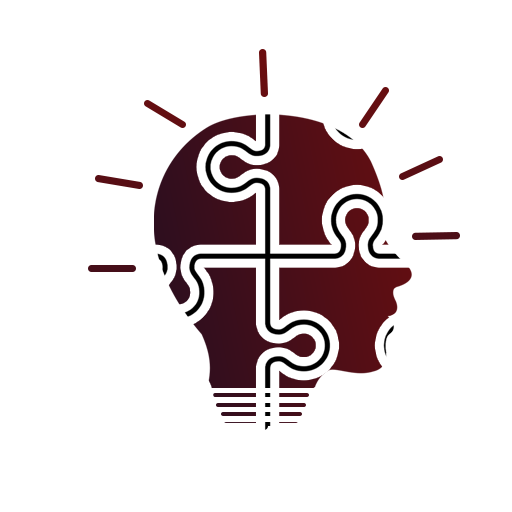
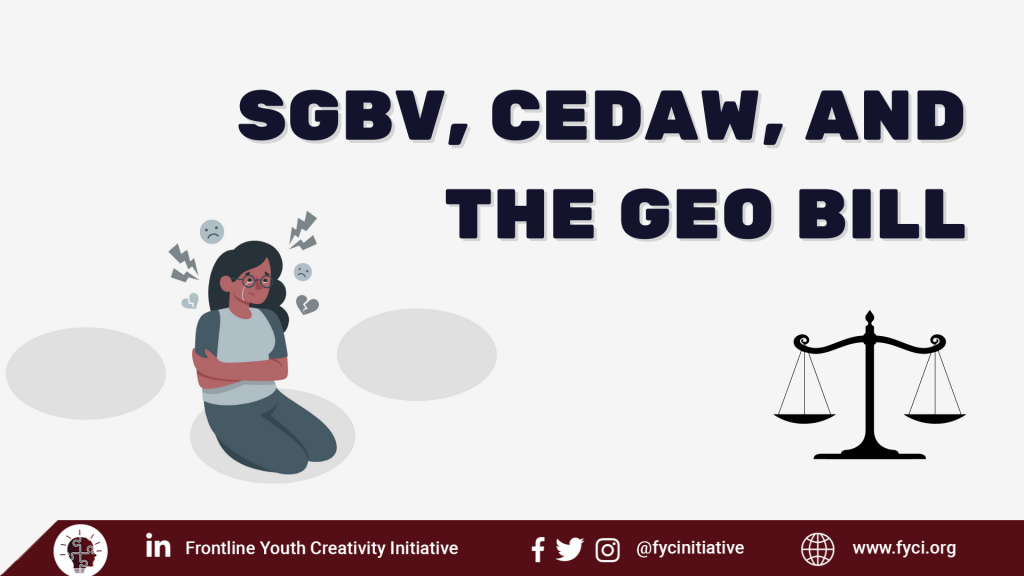
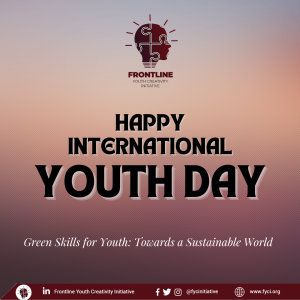
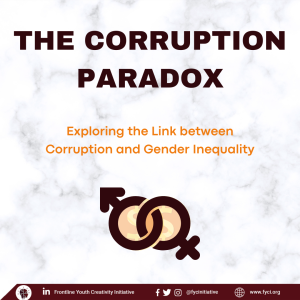
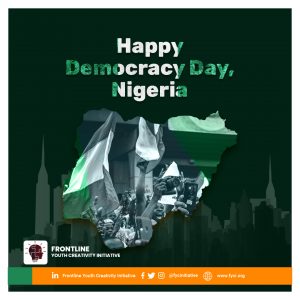
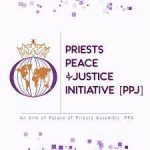

Thanks